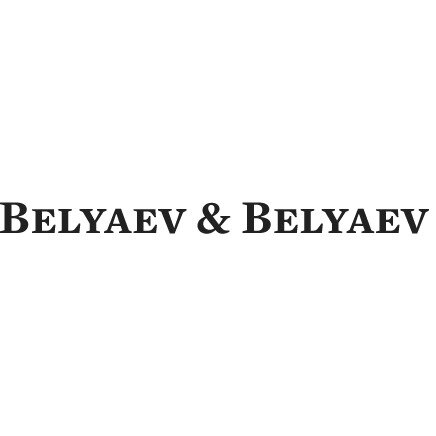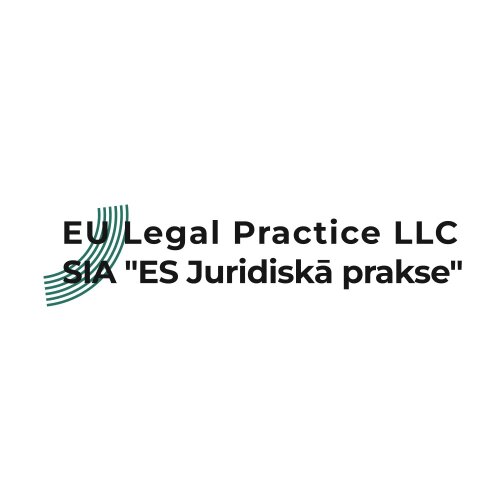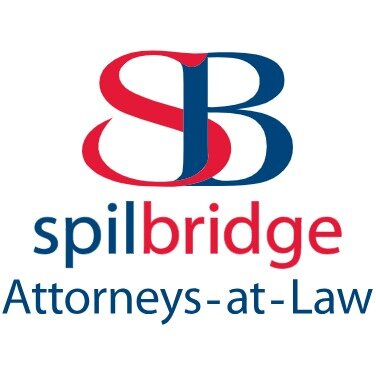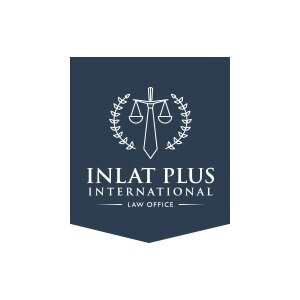Best Tax Increment Financing Lawyers in Latvia
Share your needs with us, get contacted by law firms.
Free. Takes 2 min.
Or refine your search by selecting a city:
List of the best lawyers in Latvia
About Tax Increment Financing Law in Latvia
Tax Increment Financing (TIF) is a financial tool that municipalities in Latvia can use to stimulate economic development within designated areas. It allows local governments to capture future tax increments resulting from increases in property value due to improvements and developments. These funds are then utilized to finance public infrastructure projects necessary for further development. In Latvia, TIF is primarily governed by local legislation that provides municipalities with the authority to identify targeted development zones and implement TIF plans approved by local councils.
Why You May Need a Lawyer
There are several scenarios where engaging a lawyer experienced in TIF may be beneficial. Firstly, if you are a property developer or investor looking to engage in projects within TIF districts, understanding legal obligations and negotiations with local authorities is crucial. Additionally, local businesses or residents affected by development may require legal assistance to comprehend how TIF might impact them. Lastly, municipalities seeking to establish TIF districts often consult with legal experts to ensure compliance with relevant laws.
Local Laws Overview
The framework for TIF in Latvia includes certain statutory requirements and processes that must be strictly followed. Key aspects of the local legal environment include the need for municipal council approval before the creation of any TIF district, the establishment of increment generation terms, and close monitoring to ensure that increment funds are solely used for permissible public projects. Moreover, laws stipulate the types of projects that qualify under TIF regulations, with a significant emphasis on public benefit and enhanced community infrastructure.
Frequently Asked Questions
What is the purpose of TIF in Latvia?
The main purpose is to promote economic growth and urban development in municipalities by utilizing future tax revenue from increased property values.
How does a municipality establish a TIF district?
A municipality must first propose a TIF plan, which includes a detailed project description and its potential benefits, and then seek approval from the municipal council.
Who benefits from TIF projects?
Both public and private stakeholders benefit. The public sees enhanced infrastructure and services, while private developers often benefit from financing support for large-scale developments.
Can TIF funds be used for private development?
No, TIF funds are specifically allocated for public infrastructure projects that support and enhance surrounding development.
What types of projects are typically funded under TIF?
Infrastructure improvements such as roads, bridges, utilities, and public facilities like parks that spur further economic development are typically funded.
Are there any risks associated with TIF?
Yes, if projected increments do not materialize, it may lead to financial shortfalls and affect the municipality's budget.
How do property owners in a TIF district affect change?
Property owners can engage with local government meetings and provide input during public hearings on TIF plans.
Is there transparency in TIF fund allocations?
Local governments are obligated to maintain transparency and regularly report progress on TIF-funded projects to the public.
Do all municipalities in Latvia use TIF?
No, the use of TIF varies and depends on local government policies and the specific economic development needs of the area.
How can a developer apply for TIF assistance?
Developers can contact the municipal governing body to submit a proposal and undergo a review process consistent with TIF regulations.
Additional Resources
For further assistance and detailed information, you may contact the Latvian Ministry of Environmental Protection and Regional Development, municipal development offices, and legal firms specializing in public finance. The Latvian Association of Local and Regional Governments (LALRG) is also a useful resource.
Next Steps
If you require legal assistance in relation to Tax Increment Financing, your first step should be to seek legal consultation with professionals experienced in municipal finance and public infrastructure law. You may begin by researching local law firms specializing in these areas and considering initial consultations. Understanding your specific needs, whether as a developer, investor, or affected stakeholder, will guide your engagement with legal experts. Additionally, monitoring public notices and participating in municipal discussions can provide valuable context for any legal proceedings or developments.
Lawzana helps you find the best lawyers and law firms in Latvia through a curated and pre-screened list of qualified legal professionals. Our platform offers rankings and detailed profiles of attorneys and law firms, allowing you to compare based on practice areas, including Tax Increment Financing, experience, and client feedback.
Each profile includes a description of the firm's areas of practice, client reviews, team members and partners, year of establishment, spoken languages, office locations, contact information, social media presence, and any published articles or resources. Most firms on our platform speak English and are experienced in both local and international legal matters.
Get a quote from top-rated law firms in Latvia — quickly, securely, and without unnecessary hassle.
Disclaimer:
The information provided on this page is for general informational purposes only and does not constitute legal advice. While we strive to ensure the accuracy and relevance of the content, legal information may change over time, and interpretations of the law can vary. You should always consult with a qualified legal professional for advice specific to your situation.
We disclaim all liability for actions taken or not taken based on the content of this page. If you believe any information is incorrect or outdated, please contact us, and we will review and update it where appropriate.
Browse tax increment financing law firms by city in Latvia
Refine your search by selecting a city.

















